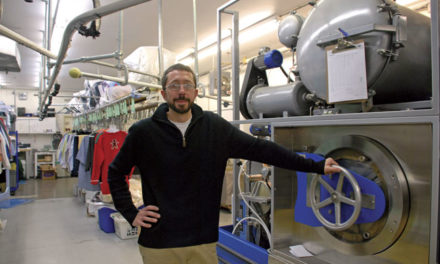BY ELISABETH ANDREWS
“My goal is to get people to take seriously the science of love,” says Justin Garcia, an assistant professor of gender studies at Indiana University and director of education and research training at The Kinsey Institute for Research in Sex, Gender, and Reproduction. He is also a scientific advisor to Match.com.
With research topics ranging from hookup culture to single parents’ dating patterns to the stranger-snuggling phenomenon of group “cuddle parties,” Garcia, 29, brings a rare interest in emotional bonding to his studies of romantic and sexual relationships.
“Freud didn’t take love seriously enough. Kinsey didn’t take love seriously enough,” he says. “The scientific community treats love like it’s too silly to study, but it is at the core of the human experience. You can’t have a scientifically rigorous approach to human behavior that disregards the intensity of the love bond.”
Garcia, who trained as an evolutionary biologist at Binghamton University in upstate New York before coming to IU as a postdoctoral fellow in 2011, says his focus on relationships departs from the individual-oriented tradition of sex research. “I approach humans like I would approach ground squirrels, examining how they interact as a biological organism with other members of their species,” he says. “We’ve spent decades looking at the behavioral sexual expression of individuals, but we’ve barely begun to explore sex in its social context.”
These romantic pairings fascinate Garcia, particularly when they appear maladaptive or illogical. “One question that keeps me up at night is how people can fall so wildly in love with a person that is so incredibly wrong for them,” he says. His collaboration with Match.com enables him to explore these relationship dynamics through an annual survey of more than 6,000 American singles — the largest and most comprehensive study of its kind.
Garcia is also concerned with bringing relationship considerations more prominently into health care, particularly with respect to how illness and medications affect sexual and emotional interaction. For example, he explains that certain cancer treatments can make patients so sensitive to touch that they refuse any physical intimacy.
“We know that partner support is a key factor in beating cancer, and that intimacy is essential to a relationship’s survival,” he says. “Unless we’re willing to learn something about the biology of love, we could be left in the dark, prescribing treatments that are damaging relationships at precisely the moment they’re most needed.”












